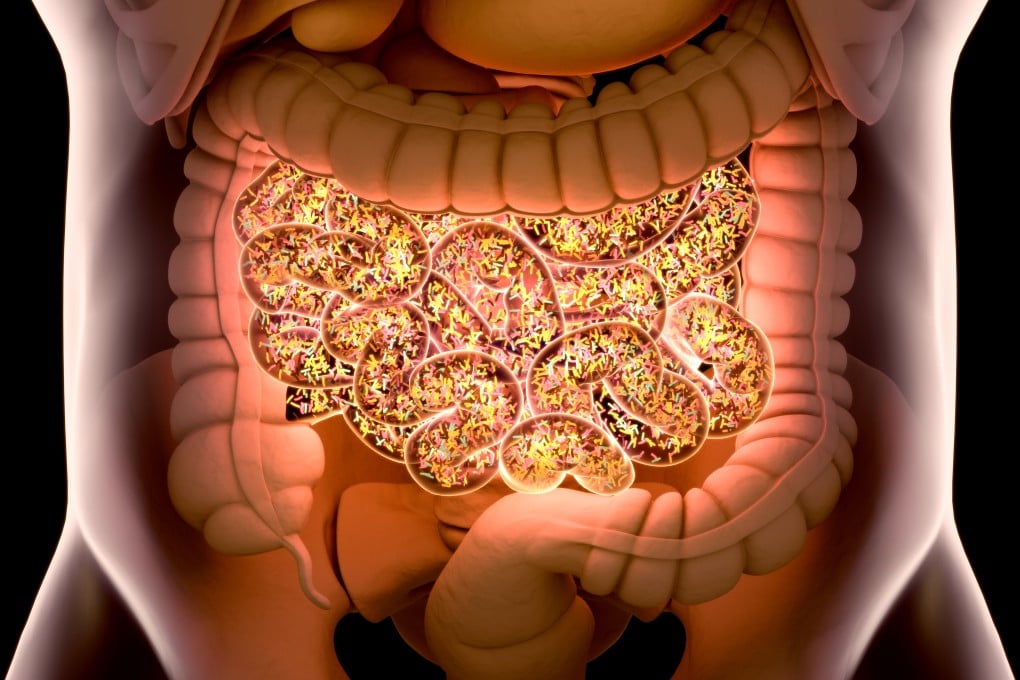How your gut microbiome defends against Covid-19 and is crucial to your immune system, and how to keep it in the best of health
- The billions of bacteria that live in our intestines are the front line of our immune system
- The microbiome can be damaged by processed foods, weedkiller and antibiotics, but it can be fixed with diet, lifestyle and probiotics

It’s a part of our body that most of us rarely think about, but our gut microbiome is absolutely critical to our well-being. The billions of bacteria that live in our intestines help convert our food into energy, protect against pathogens, educate our immune system and affect, directly or indirectly, our entire health.
In fact, 70 per cent of our immune system is in or around the gut, according to South African celebrity doctor Frank Lipman, bestselling author of six books, How To Be Well, The New Health Rules, 10 Reasons You Feel Old and Get Fat, Revive, Total Renewal and his latest, The New Rules of Aging Well.
“The gut is our internal barrier protecting us from the outside world, all these foreign particles that you eat and drink. That alone tells you how important the microbiome is for immunity,” Lipman says.
Not so long ago many people considered gut health a taboo subject, says Dr Ursula Levine, an Austrian-born medical doctor who works at medical spas including the Lanserhof at the Arts Club in London’s Mayfair.
